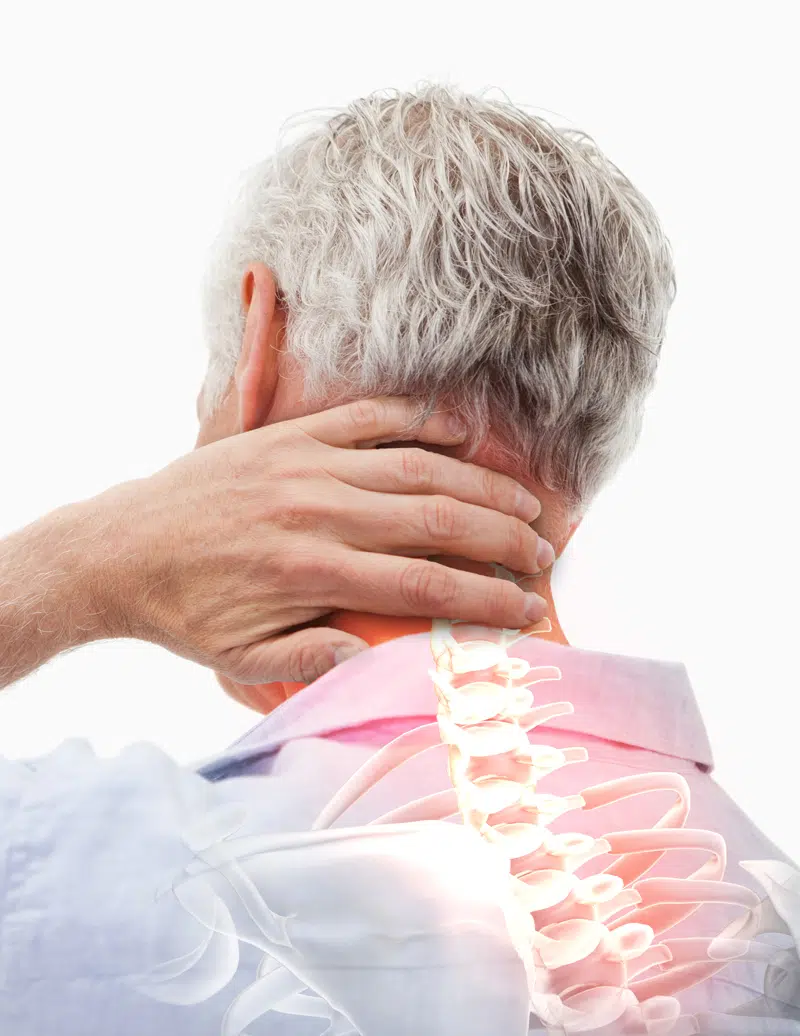Chronic Pain
There many ways to manage your pain and make it a much smaller part of your life.
In Australia there are 3.4 million of chronic pain sufferers. 75% of those are of working age, and a large proportion reported significant symptoms of depression (37%) and anxiety (25%). 40% of early retirement is due to chronic pain.
What is chronic pain?
Pain is an unpleasant or uncomfortable body experience caused by activation of the nervous system. It is typically caused by a known injury or illness, but sometimes the cause of pain can be unknown. Most of us will experience acute pain from time to time. It often occurs following surgery, trauma or short-term illness and usually lasts for a short time before the body heals and the pain goes away.
Chronic or persistent pain is pain that lasts for more than three months, or in many cases, beyond normal healing time. Although chronic pain can be a symptom of a known illness or injury it can also exist without a clear reason at all. Sometimes the long-term nature of the pain is not indicating ongoing disease or damage.
Chronic pain is complex and each person experiences it differently:
- can be a symptom of other disease, or it can be a stand-alone condition
- may show no evidence of its existence
- can occur anywhere in the body, or at multiple sites
- can involve several forms of pain, or just one
- can be daily, or recurrent (such as migraine)
What is a chronic medical condition?
A chronic medical condition is one that has been present for at least six months or longer, some of the more common conditions are:
- Cancer
- Asthma
- Arthritis
- Adolescent pain
- Diabetes
- Musculoskeletal conditions
- Back pain
- Headaches & migraines
- Fibromyalgia
- Complex regional pain syndrome
- Neuropathic
- Myofascial pain
- Pelvic
GP – Chronic Disease Management
We use the latest evidence based medical management combined with lifestyle medicine to achieve the best health outcomes for our patients.
Chronic Disease Management Plan
A GP Management Plan (GPMP) can help people with chronic medical conditions by providing an organised approach to care with a plan of actions agreed by the patient and GP:
- Identifies your health and care needs
- Sets out the services to be provided by your GP and
- Lists the actions you can take to help manage your condition
Team Care Arrangements
If you have a chronic medical condition and complex care needs requiring multidisciplinary care, your GP may also need develop Team Care Arrangements (TCA’s). These will help coordinate more effectively the care you need from your GP and other health care providers.
Regular Reviews
Once a plan is in place, your plan will be regularly reviewed by our clinical team who will check that your goals are being met and agree on any changes that might be needed.
Lifestyle medicine approach to pain
Once pain has become chronic, it is unlikely that any one treatment will make it go away completely. However, you can feel positive about the future. There are many ways to manage this pain and make it a much smaller part of your life.
“The ultimate strategy is to “train the brain” to maintain central control, joint stability and ideal quality of movement – The Brain/Body Connection. Using lifestyle medicine interventions such as exercise, stress reduction, adequate sleep, psychological support, and decreasing uses of alcohol and other addictive substances will in combination with conventional and new medical treatments help treat, prevent and improve chronic pain.
References
- https://mybackpain.org.au/
- Understanding Pain What to do about it in less than five minutes: https://www.youtube.com/watch?time_continue=1&v=RWMKucuejIs&feature=emb_title
- Cancer ; —Lorimer Moseley : Why Things Hurt
- https://www.youtube.com/watch?v=gwd-wLdIHjs&feature=emb_title
- Tame the beast: https://www.tamethebeast.org/#tame-the-beast
- Pain Revolution fact sheets: https://www.painrevolution.org/target-concept
- Joshua W. Pate: The mysterious science of pain https://www.youtube.com/watch?v=eakyDiXX6Uc&feature=emb_title
- https://arthritisaustralia.com.au/types-of-arthritis/fibromyalgia/
- https://www.migraine.org.au/managing_migraine
- https://www.pelvicpain.org.au/category/pelvic-pains/?v=ef10366317f4




